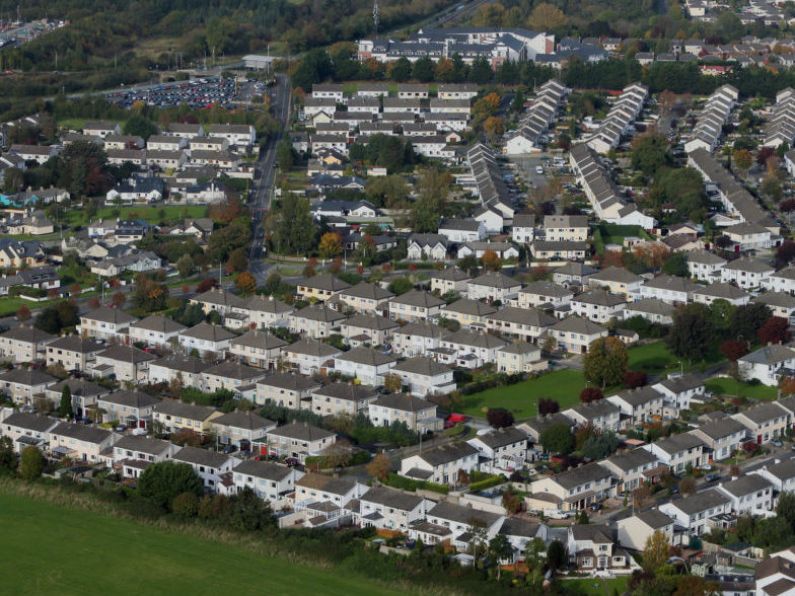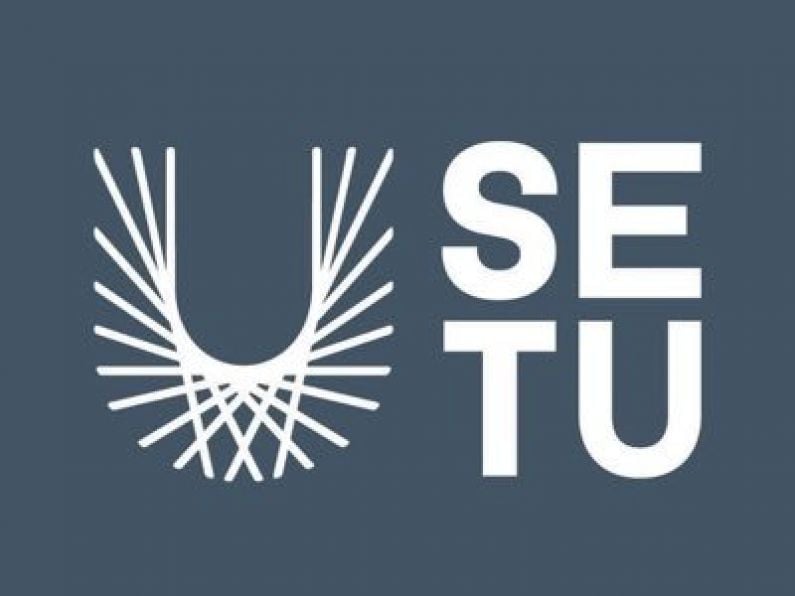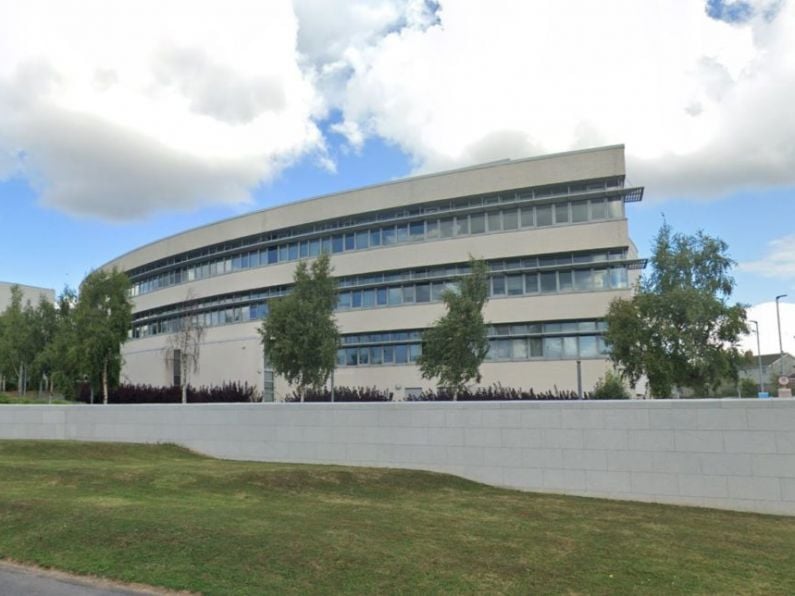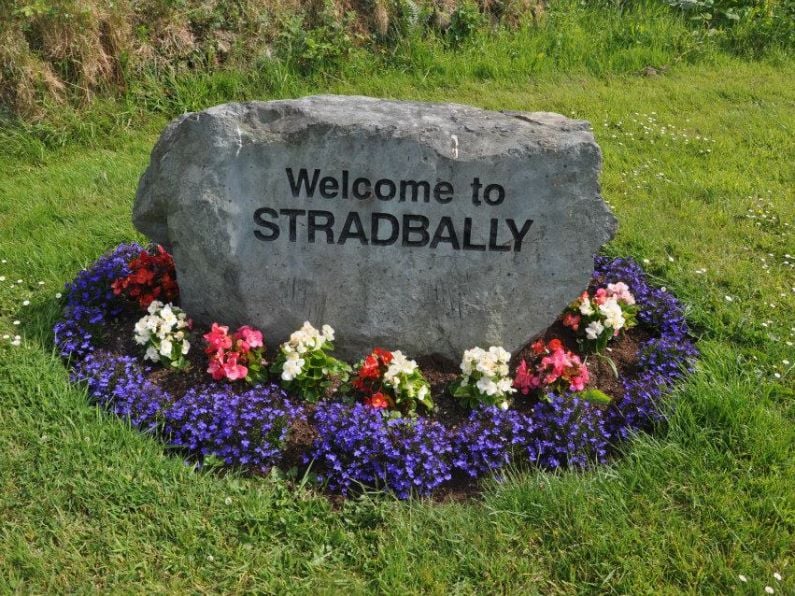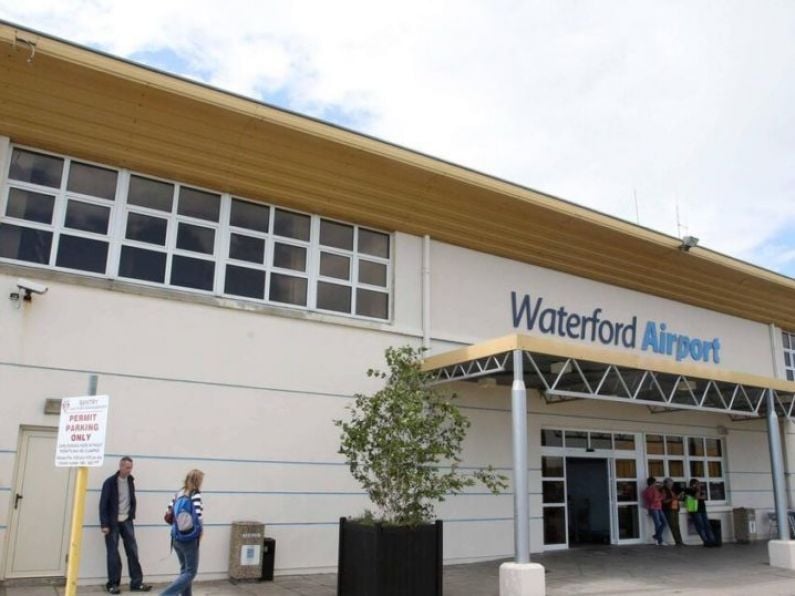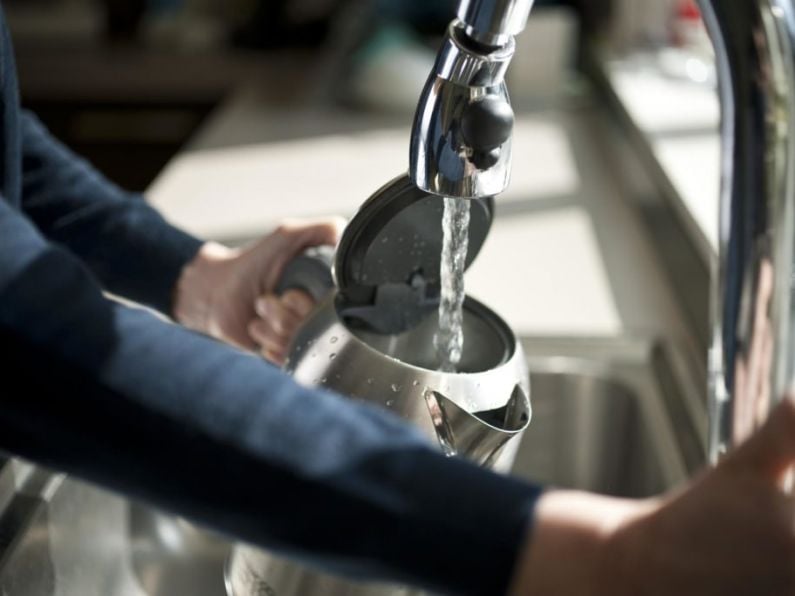Updated at 9.20am
More Irish homes are predicted to be at risk of radon, a cancer-causing radioactive gas.
According to the Environmental Protection Agency (EPA), 170,000 homes are thought to be at risk of exposure to radon, an increase of 45,000 homes from the previous estimate in 2002.
Radon is a radioactive gas that originates from the decay of uranium in rocks and soils.
The gas is of concern because it is linked in up to 350 cases of lung cancer in Ireland each year.
It has no smell, colour or taste and can only be detected using special detectors.
New maps released by the EPA show large parts of the country, particularly in Munster and Connacht, have been found to be at increased risk from radon.
Michéal Lehane, EPA director, urged people to test for the cancer-causing gas.
“Radon is a serious public health hazard,” Mr Lehane said.
“The new maps combine thousands of radon measurements, with detailed geological information, and are a significant revision of the previous map from 2002.
“More importantly, the new maps make it easy for everyone to find out the radon risk in their local area using the eircode search on the EPA website.
“We urge people to test for radon as this is the only way of protecting you and your family from this cancer-causing gas.”
Testing organisations are listed on the EPA website who will post out detectors, these are put in place for three months and then read.
'It can be fixed'
Programme manager of the EPA, Andy Fanning, warned that up to half a million Irish citizens could be living in houses that are at risk from radon gas.
Mr Fanning told RTÉ’s Morning Ireland the new maps contain a lot more data, more measurements and geological information of what is underlying houses.
“It has shown us that there are larger areas at risk - 45,000 more houses that are at risk as a consequence of this - we're looking at half a million Irish citizens living in houses that potentially could be at risk,” Mr Fanning said.
“What we're saying to everyone is you should be testing your house - even in low risk areas – where one in 20 houses will have a radon problem - the easiest way to find out is get your house tested.”
Employers in high risk radon areas will also have legal obligation to test their workplace.
“We will be working with the Health & Safety Authority in relation to this, and they will provide supports to employers doing so.”
The cost of a test is €50. Remediation works can cost between €1,000 to €2,000 and support systems will be put in place.
Eugene Monaghan, who operates a radon remediation company said the good news was that if high levels of radon were detected in a home “it can be fixed” through installation of a radon tracking fan which draws radon from under the ground “and blows it off into the atmosphere”.
More here on the latest for Waterford.



